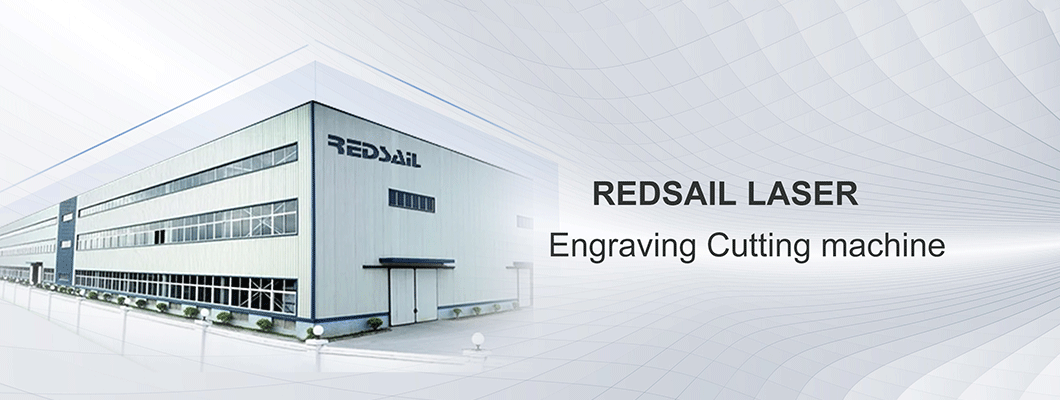
There are many types of laser applications in the metalworking industry, mainly including laser cutting, laser engraving and laser welding.
With the development and application of laser processing technology in the world, more and more metal material processing users have realized the unique and excellent performance and high efficiency of laser processing.
Laser Cutting Applications
1. As a non-contact optical heat treatment, laser cutting is known as a universal cutting machine that never wears out. Workpieces can be compactly laid out or tailored in any way to make the most of the raw materials. Due to the non-contact machining, the machined parts are not deformed.
2. Laser cutting does not require a die. Under the control of the computer, it can directly realize the flexible processing of 2D or 3D shapes of plates and shell parts of any shape, especially suitable for processing a small amount of various metal plates in the research and development stage of new products. Moreover, mold design costs and manufacturing costs can be saved, and the production cycle can be greatly shortened.
3. The incision is narrow, the incision is smooth, and there is no burr, and the laser cutting can even directly process the finished spur gear, which has a certain precision and can be used for transmission.
Laser Welding Applications
1. It is suitable for the processing of precision parts, boxes and welded parts with sealing requirements. The accumulated laser beam will obtain a very small spot. The positioning is accurate and can be applied to large-scale automated production, which greatly improves the production efficiency and reduces the heat-affected zone. In addition, the welding point is not contaminated, which greatly improves the welding quality.
2. Welding has the following advantages: high strength, long service life, fast welding speed, high efficiency, good interface process, low rejection rate and low positioning.
Laser Engraving Applications
At present, the application of laser engraving on metal surfaces is more and more extensive.
Suitable for the following materials and industries:
industry
Metal and various non-metal industries. More suitable for some more complex and precise applications.
Suitable for electronic components, integrated circuits (IC), electrical appliances, mobile communications, hardware, tool accessories, precision instruments, watch glasses, jewelry accessories, auto parts, plastic keys, building materials, PVC pipes, medical equipment and other industries.
Material
Common metals and alloys (iron, copper, aluminum, magnesium, zinc, etc.), rare metals and alloys (gold, silver, and titanium), metal oxides (each metal oxide), special surface treatments (phosphating, aluminum anodizing) , and electroplating surfaces), ABS materials (housings for household appliances, daily necessities), inks (light-transmitting keys and printed products) and epoxy resins (encapsulation and insulating layers for electronic components).

Leave a Comment